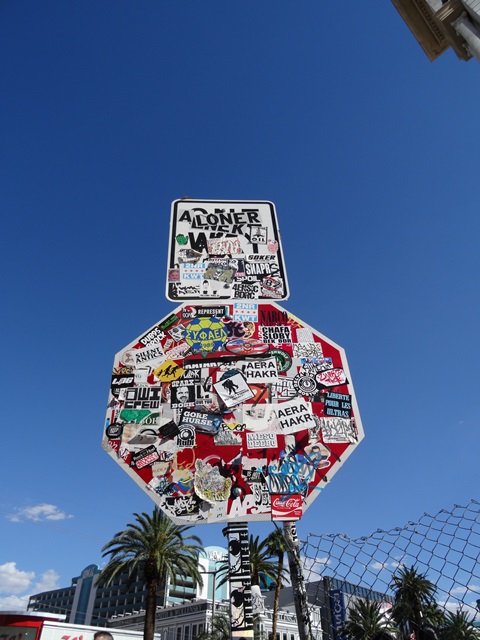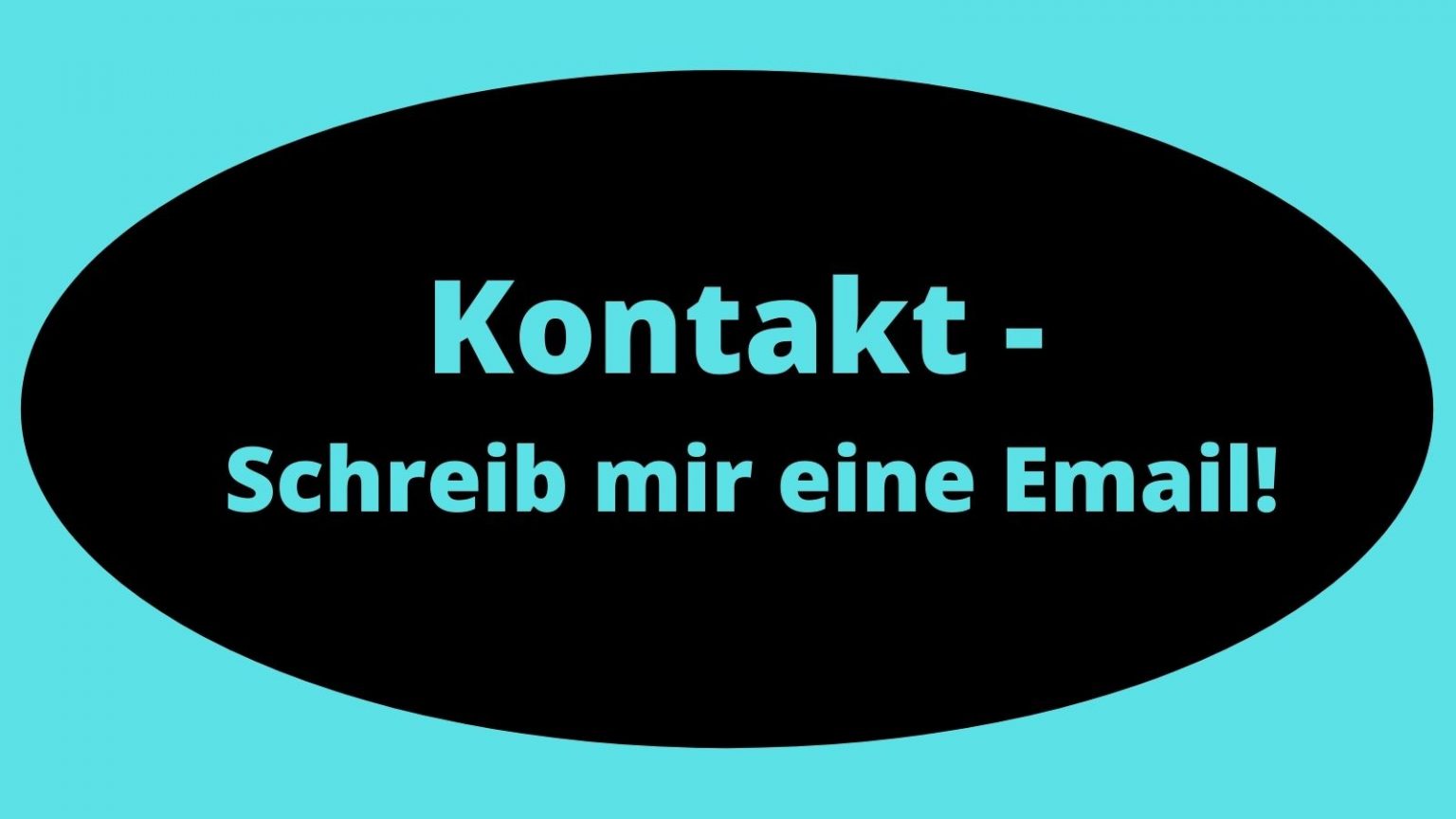Ich bin bisher nur wenige Male am Zoll kontrolliert worden. Offenbar sehe ich harmlos aus oder komme immer zu Zeiten am Zollschalter vorbei, zu denen die Mitarbeiter keine Zeit haben. Aber trotzdem informiere ich mich immer über die aktuellen Bestimmungen.
Diese können manchmal echt unangenehm sein. Zum Beispiel ist es nicht ratsam, aus Bolivien den dort vollkommen legalen und überall günstig erhältlichen Coca-Tee nach Deutschland einzuführen. Die Blätter der Coca-Pflanze, aus denen der Tee besteht, fallen unter das Betäubungsmittelgesetz und ihr Besitz ist also in Europa illegal.
Dies ist nur ein Beispiel für eine Ware, die in einem Land legal und unverfänglich ist, in einem anderen aber eine illegale Substanz ist und deren Besitz bestraft werden kann. In Bhutan zum Beispiel ist der Handel mit Tabak illegal. Touristen dürfen nur für den Eigengebrach einige Päckchen Zigaretten mitführen, zahlen auf diese allerdings 100 bis 200% Steuern bei der Einfuhr.
Auf der Internetseite des Auswärtigen Amtes finde ich vor jeder Reise sehr komplette und vor allem aktuelle Informationen über alle Zollbestimmungen. Hier stehen auch die besonderen Bestimmungen und Gesetze, die eventuell für Touristen wichtig sein können.
Eure Beatrice!





